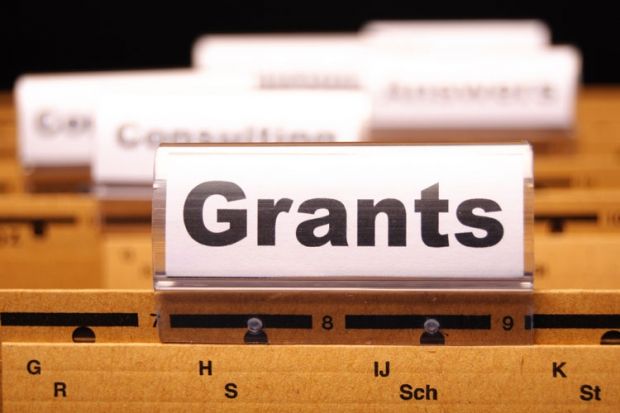Royal Society
University Research Fellowships
- Award winner: Constantinos Papageorgakis
- Institution: Queen Mary University of London
- Value: £440,397
Using Yang-Mills theory to understand objects with five spatial dimensions in M-theory (M5-branes)
- Award winner: Yulia Yuzenkova
- Institution: Newcastle University
- Value: £4,141
Mechanisms of cyanobacterial transcription
Biotechnology and Biological Sciences Research Council
Research Grants
- Award winner: Simon McQueen-Mason
- Institution: University of York
- Value: £2,820,184
Learning from marine wood borers: enzymes and mechanisms of lignocellulose digestion
- Award winner: Sarah Zylinski
- Institution: University of Leeds
- Value: £353,593
Investigating depth perception in non-human vision using the dynamic camouflage of cuttlefish
National Institute for Health Research
Health Technology Assessment Programme
- Award winner: Jonathan Sterne
- Institution: University of Bristol
- Value: £240,193
What is/are the best oral anticoagulant/s for primary prevention, treatment and secondary prevention of venous thromboembolic disease, and for prevention of stroke in atrial fibrillation?
- Award winner: Hazel Everitt
- Institution: University of Southampton
- Value: £1,232,554
ACTIB (assessing cognitive behavioural therapy in irritable bowel): a randomised controlled trial of clinical and cost-effectiveness of therapist-delivered cognitive behavioural therapy and web-based self-management in irritable bowel syndrome
Leverhulme Trust
Research Project Grants
Sciences
- Award winner: Robert Leech
- Institution: Imperial College London
- Value: £175,806
Vocal learning and the importance of noise
- Award winner: Aris Karastergiou
- Institution: University of Oxford
- Value: £230,685
Real-time discovery on next-generation telescopes with graphics processing units
- Award winner: Mark Brosnan
- Institution: University of Bath
- Value: £210,761
Computer-delivered social stories to reduce challenging behaviour in ASD
- Award winner: Larry Bull
- Institution: University of the West of England
- Value: £92,420
Embodied evolutionary computing design: vertical axis wind turbine case study
Humanities
- Award winner: William Lyons
- Institution: University of Bristol
- Value: £244,911
Scripture, dissent and deaf space: St Saviour’s, Oxford Street
In detail

Award winner: Jules Holroyd
Institution: University of Nottingham
Value: £220,608
Bias and blame: do moral interactions modulate the expression of implicit bias?
This project will explore whether moral interactions – such as being blamed or being held responsible – are useful tools for regulating implicit bias. Studies have shown that implicit biases – automatic associations made without reflective control – can lead to unintentionally different or unfair treatment of stigmatised individuals. Such biases are common, resistant to deliberate moderation, and significant influences on judgement and action. Psychologists and philosophers have developed and tried strategies to regulate implicit bias, but none has looked into holding individuals responsible. This is what the team will investigate.
Register to continue
Why register?
- Registration is free and only takes a moment
- Once registered, you can read 3 articles a month
- Sign up for our newsletter
Subscribe
Or subscribe for unlimited access to:
- Unlimited access to news, views, insights & reviews
- Digital editions
- Digital access to THE’s university and college rankings analysis
Already registered or a current subscriber? Login

